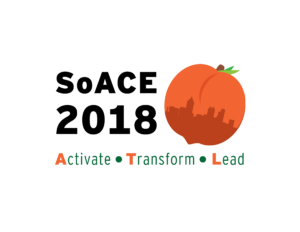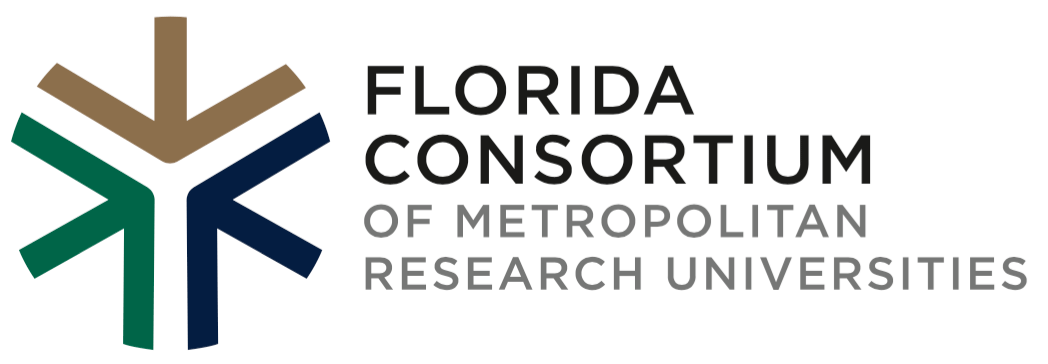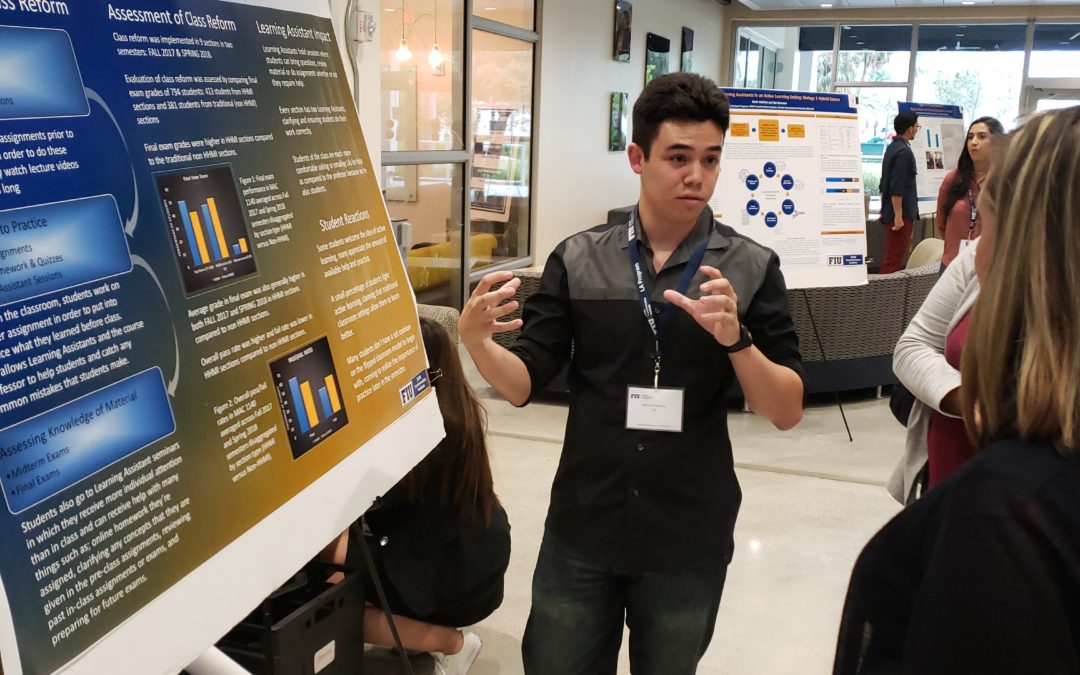According to a report from the Florida College Access Network, the state of Florida needs to add an additional 3.5 million post-secondary credentials to meet the economic and talent needs of the state by 2025. Colleges and universities will need to increase degree production by 1.7% a year to reach that goal by 2025. College career service departments already have the daunting task of helping tens of thousands of students find jobs in places where they want to live and at a salary where they can live the lives they aspire to.
Recently, over 500 universities administrative leaders and employers gathered to discuss employability and the evolving role of career services at Southern Association of Colleges and Employers annual regional conference. Career Services offices, much like their academic and student affairs peers are often overworked and facing questions on their effectiveness and efficiency. Critics often point to recent college graduates that struggle to find jobs up to a year after graduation and in some cases some individuals are underemployed. However SoACE posits’, in today’s job market, career success is everyone’s responsibility and extends beyond campus structures. Dr. Adam Peck, Interim Vice-President of University Affairs at Stephen F. Austin State University, led an illuminating keynote where he introduced the C3 model or Co-curricular Career Connections. The C3 model highlights career development and employability as a collaborative institution wide approach. In the C3 model, career readiness is not housed in a single office, occurs overtime, and provides tons of talent development opportunities.
Over 200 conference participants attended the C3 model Co-curricular Career Connection deep dive education session with Dr. Peck and Michael Preston, Executive Director of the Florida Consortium to look at the model closer. This session highlighted many campus based programs designed to help students prepare for life after graduation. By creating opportunities for growth, development, learning and skill building on and off campus, institutions can develop avenues for success. Gatherings like this annual conference are important as higher education evolve. The Florida Consortium member institutions are leading the way and engaging employers and getting them involved in career development earlier. They are also creating agile structures that integrate labor market data and hiring trends. For example, each semester, the Computer Science and Engineering departments at Florida International University and the University of Central Florida work with employer advisory councils to integrate the latest strategies, programming languages, and theories in lectures and assignments. Also noteworthy, the College of Arts and Sciences at the University of South Florida used labor market data from Burning Glass technologies during a recent curriculum review. Over 80 faculty used labor market data to develop ways to reinforce and or integrate skills trending in the job market into the curricula. Additionally, the Florida Chamber of Commerce and Florida Consortium are working together to design an onboarding program for small to medium sized companies and regional events where career services professionals can discuss recruitment, crafting job descriptions, and onboarding with today’s students with employers.
In summary, we must challenge traditional notions and evolve to a more inclusive view of career readiness and talent development. If we are successful in doing so, inclusive collaborative career readiness activities will result in transformational outcomes.
Related Reading:

